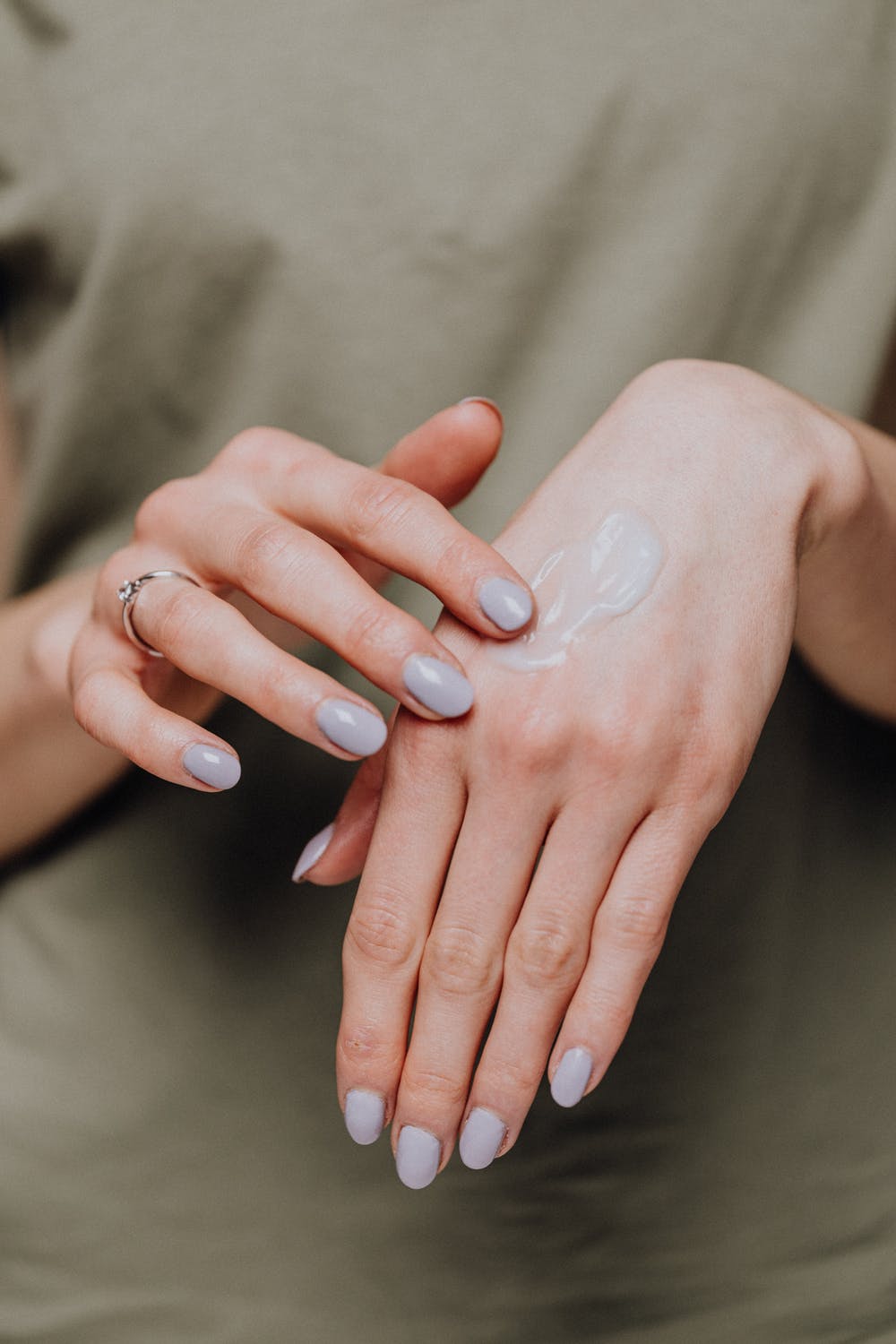You probably already know that dehydration can result in severe illness and that it is important to stay hydrated during hot weather. What you might not realize is that dehydration is just as much of a potential danger in cold weather. You probably do not sweat as much during the winter, meaning that you may not be aware of how much moisture your body is losing. You may also not feel as thirsty during the winter, making it more likely for you to become dehydrated because you drink less. Fortunately, there are many things you can do to prevent dehydration during the winter months. Here are just a few of them.
1. Make Water More Palatable
If the idea of drinking water in the winter is unappealing, there are things that you can do to make it a more tolerable prospect. For example, if your water has an unpleasant taste due to dissolved minerals, you can install a water softener.
While it is important to keep hydrated during the winter, there is no rule that says you have to drink cold water. If the thought is unappealing, you can warm the water up. If plain water is unappetizing, an herbal tea or homemade smoothie may be a better option. Infusing the water may help too.
2. Avoid Diuretics
A diuretic is a chemical substance that causes your body to lose more fluids, primarily through urine. Examples of diuretics include caffeine and alcohol. To prevent dehydration through increased urine production and loss of electrolytes, you should limit diuretics in your diet. This is true in the winter as well as the summer.
There are drinks that are mostly considered healthy but nevertheless contain diuretics. Green tea is a good example because, while it contains lots of helpful nutrients, it also contains caffeine in large quantities. You will have to determine whether the benefits of drinking green tea outweigh the risks of dehydration. Your doctor can provide guidance and help you make a decision based on your individual health history.
3. Dress in Layers
This is generally good advice to stay comfortable in cold temperatures. However, it is not just a matter of piling on all the warm clothes you own and then removing them as necessary. You have to layer strategically, with the layers closest to the skin made of a breathable fabric. This prevents you from sweating as much, which in turn helps to prevent the loss of moisture.
4. Eat More Fruits and Vegetables
Staying hydrated isn’t necessarily a matter of drinking more. Many of the foods you eat have a high water content and can provide more hydration than you might realize. Vegetables and fruits, such as celery and oranges, can be very hydrating, as can homemade soups.
Eating more fruits and vegetables is a good idea for reasons other than hydration. However, other healthy foods that can help keep you hydrated include yogurt and oatmeal.
5. Set a Water-Drinking Goal
The average adult needs to drink an estimated 100 ounces of water per day. You may need to work up to that goal, but you should keep a water bottle with you that has its volume printed on it. That way, you know exactly how much water you are drinking, and having a water bottle serves as a reminder to keep hydrated during the course of a busy day. Talk to your doctor about a reasonable goal for daily water consumption or make use of apps to determine how much you need. Factor in what you eat when setting goals.
Dehydration can lead to serious health problems, including kidney problems, seizures, and low blood volume. Familiarize yourself with the signs and symptoms of dehydration. These include dizziness, fatigue, dry skin, and dark-colored urine. Discuss signs like these with your doctor as soon as possible. The treatment for dehydration doesn’t always mean drinking more water. If it is severe, you may need intravenous replacement fluids. You may also have to replace electrolytes, which can get flushed out of your system with your sweat or urine.


